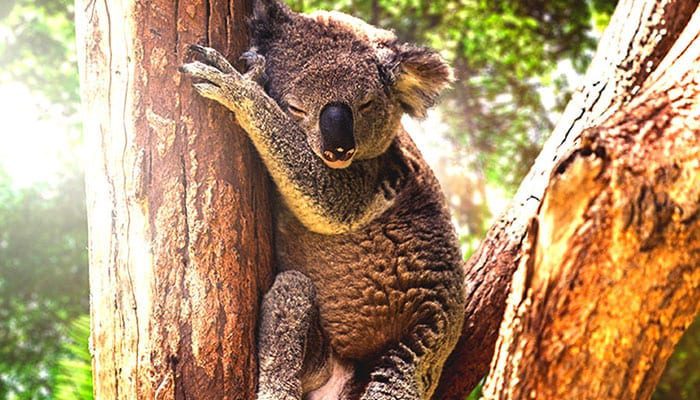Quantify NSW BioBanking Credits
Client Owns / Retires Biobanking Credits
Client becomes owner of credits by OEH / BCT
Client retires biobanking credits
Biodiversity credits must be retired to offset the impact of a development on biodiversity values. This may be done to comply with the terms set out in a BioBanking statement or, in the case of State Significant Development or State Significant Infrastructure, to satisfy consent conditions under the Environmental Planning and Assessment Act 1979. Biodiversity credits can also be retired voluntarily, for example by philanthropic organisations.
In some situations a landholder may agree within the BioBanking agreement to retire the credits generated from the site. Until these credits are retired they are identified as `committed’ on the BioBanking Public Registers. Committed credits are not available for trading.
Delta Associates can assist with the process to retire biodiversity credits. Contact us using the form below.
Information about credit holdings, transactions, price history and retirements is shown in the BioBanking Public Registers.
Client project environmental impact can now occur.
When all steps required to retire the credits have been completed, the client can proceed with their activity in accordance with their approval. The consent authority is responsible for ensuring compliance with credit obligations, and any other conditions of the consent or approval.
Biobanking Credits Solution
Delta Associates, based in Newcastle, provide solutions for BioBanking Credits across the Hunter Valley. Our detailed biobanking register shows the Hunter Valley biobanking credits available and what is compatible to meet your requirements, For further information please don’t hesitate to contact us.

Enquire today
Contact Delta Associates today for more information on pricing and our flexible contract terms for Biobanking & Biodiversity credits.